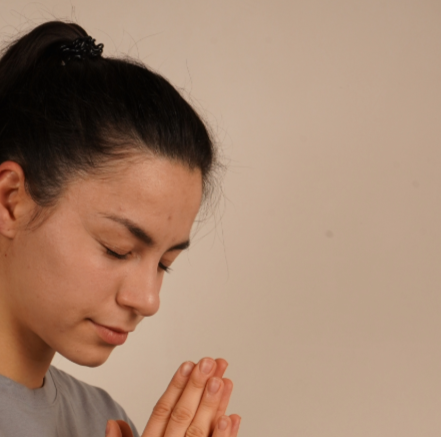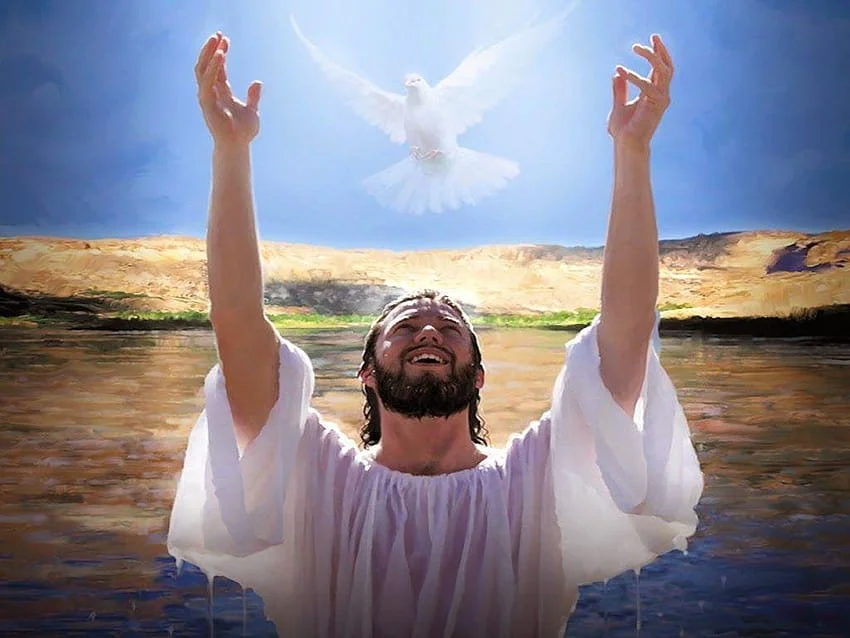Re-Examine Before Communion—I Kings 17: 8-15; Luke 22: 14-20
Communion is one of the most powerful elements of our worship. Rachel Held Evans writes, “The first thing the world knew about Christians was that they ate together.” Faith was a fellowship centered around this meal they ate together. According to church historians, the focus of the early communion services was not Jesus’ death, but on Jesus’ friendship, his presence made real again among his followers by the tastes the sounds and smells of food, of bread, of wine of all that Jesus shared. Jesus said to them, “I am the living bread that came down from heaven. This bread is my flesh, which I will give for the life of the world.”
I love communion in the service because it calls us not to think, analyze, overthink, swallow any hard pills. It calls us to remember and do. rev. Barbara Brown Taylor writes, “Jesus did not give [his followers] something to think about together when he was gone, he gave them concrete things to do.” We are to eat this bread, drink this cup, and remember what Christ did for us. That act is truly more holy and potentially more powerful than any sermon you can hear, any prayer delivered, or any hymn we can sing. Why? Because instead of other people delivering things to you, Communion is the one point you can stop everything and be at one with God.
Evans writes, “The elements and the meal are identified in different ways: the body of Christ, broken; the blood of Christ, shed; the Bread of heaven, cup of salvation, they mystery of faith, supper of the Lamb. But in every tradition I know, someone, at some point says, ‘Remember.’” We remember that Christ gave us life, that break and cup are reminders of both physical nourishment, but also saving life in Christ. Look at the story of Elijah. Here, he, the widow, and her son, were all at the brink of starvation. She was prepared to cook her last bit of bread, eat it with her son, then die. But simply by trusting what God’s prophet said, she sacrificed her last bit of food to share with him first.
I struggle with this story. How do you do this? How do you trust some stranger that it is a good idea to feed him and magically you’ll have enough. How do you feed him first before your son? Perhaps logically she thought, “Well I’m gonna die anyway, might as well feed him too.” But I think, instead, we see her faith knowing that bread gives life and in sharing the bread of life with God’s prophet, God would be faithful to care for her too. There is a depth of power in this concrete act, of taking communion.
Sara Miles was a 46 year old woman who wondered into St. Gregory’s of Nyssa Episcopal in San Francisco one day. She came with her friend. She had never attended church, never had interest in it. She was liberal, traveled, secular, and deeply skeptical of all things of faith. She was the last person you would expect to participate in ancient and sacred traditions of church and communion. But something happened. She was invited to the table, and I imagine with great concern and shock she found herself walking up to take communion. That might be shocking to us for someone to take communion who is an unbeliever, even antagonistic to the church. But something happened.
Sara Miles writes, “And then something outrageous and terrifying happened. Jesus happened to me.” Sara felt dizzy, overwhelmed, charged with life, filled with something powerful. Suddenly she believed. She couldn’t reconcile the experience with anything else she’d ever done. And she could not pull away. She writes, “It was a sensation as urgent as physical hunger, pulling me back to the table, [pulling me into faith].” She went on to create a food pantry at St. Gregory’s, a massive one, which feeds the poor, elderly, sick, homeless, and marginalized in the community, giving them food, giving them life. “Do this in remembrance of me,” says Christ. Just as Christ IS the bread of life, so we ought to share this meal that gives us spiritual life, and the food which gives physical well-being with the community.
For us sometimes though, communion is tough. We like to give to others, to earn things in life. We are a culture of achievers, sufficiency, can-do, winners, leaders, do-it-yourselfers. Held writes, “With giving I can maintain some sense of power, some illusion of control. But receiving means the gig is up. Receiving means I’m not the boss of what comes into life—be it trial or trouble, or unmerited good.” Robert Capon goes on to say, “Grace cannot prevail until our lifelong certainty that someone is keeping score has run out of steam and collapsed.” For Communion is a free gift from God. Communion calls us to remember Christ and his grace for us, and that is something we cannot control, or earn, or win over. We have to accept it, undeserving as we are.
But that free gift is something offered to all. “The gospel doesn’t need a coalition devoted to keeping the wrong people out. It needs a family of sinners, saved by grace, committed to tearing down the walls, throwing open the doors, and shouting, ‘Welcome! There’s bread and wine. Come eat with us.’ This isn’t a kingdom for the worthy; it’s a kingdom for the hungry.” Blessed are those who hunger and thirst after righteousness. Jesus’ own words tell us this. Christ was eager to eat this meal with his followers, we are told in Luke. It was the teaching of something new. That instead of sacrifices, veils, walls, and temples, Christ, symbolized in bread and cup, was right here, right among the people, and is right here with us too as we remember.
Bishop Michael Curry, who is the head of the Episcopal Church in America, yes, the VERY one in charge of that denomination, tells a story of young woman who joined the Episcopal church in the 1940s in the South. She invited her fiancé to church one day. Both of them were African American, but the church they attended was all white and right in the heart of segregated America. The young couple felt tremendous fear as they walked up the aisle to the rail to take communion. In the Episcopal tradition, everyone drinks from the same cup. Both were terrified of drinking from the same cup as white people. This had never been seen or done before by either of them, I mean, goodness, even the water fountains were separate…and here the same cup?
As they knelt, the priest tilted the cup, gave them to drink, and said, “The blood of of our Lord Jesus Christ, which was shed for thee, to preserve thy body and soul into everlasting life.” They knew immediately they had found something powerful, unmatchable, Christ-like. That couple was Bishop Curry’s parents, and they raised a powerful preacher and servant of Christ.
The bread of life; the cup of salvation: free gifts given for you so that you may have grace, love, and abundant life. You don’t have to ponder on it, analyze it, decipher it or even mathematically add it up. Instead you merely have to come to this free gift, accept it, and let Christ transform your life. Do this, in remembrance of me.





